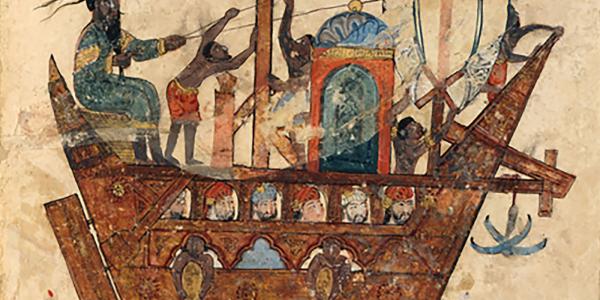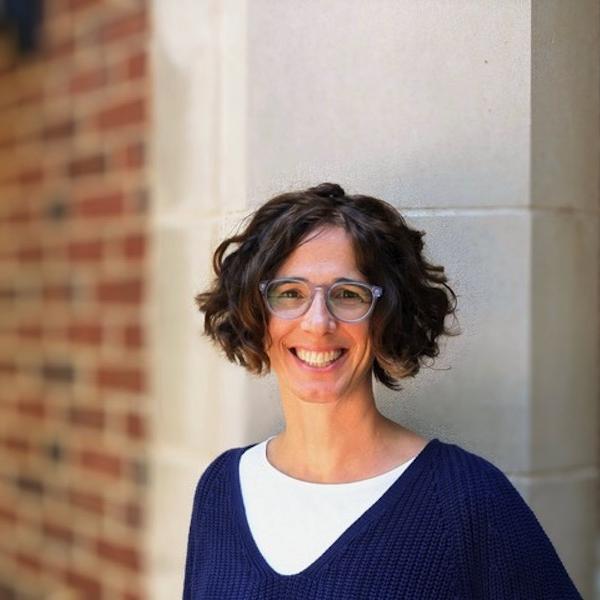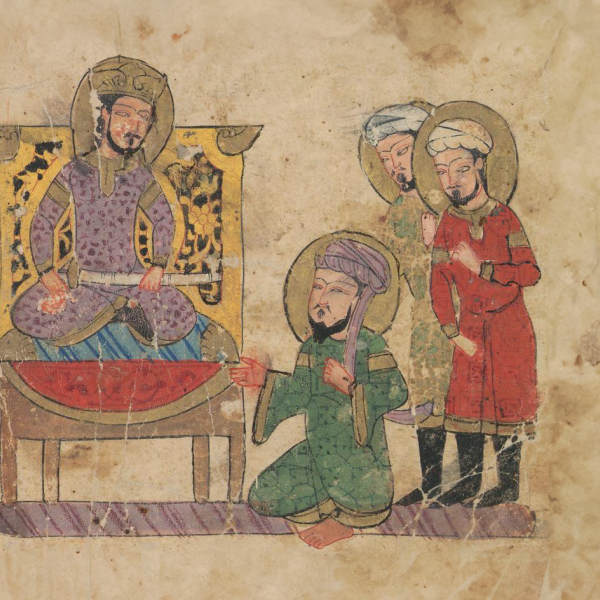On Monday, January 29, Mark R. Cohen, Khedouri A. Zilkha Professor Emeritus of Jewish Civilization in the Near East and Professor Emeritus of Near Eastern Studies at Princeton, and a renowned historian of Jews in the medieval Islamic world, will discuss his recent book, Maimonides and the Merchants: Jewish Law and Society in the Medieval Islamic World.
Cohen’s book uses a rich archive of merchant letters and legal documents known as the Cairo Geniza to understand how Jewish merchants lived and worked under Muslin rule. “Before the advent of Islam,” Cohen observes, “most Jews were farmers. The Talmud, completed before the advent of Islam, was written in and for an agrarian society.”
Working within radically different commercial practices under Muslim rule, Jewish jurists and merchants needed to adapt. Cohen reconstructs the steps taken by Moses Maimonides—a Jewish physician, philosopher, and legal scholar—to “adjust Jewish law to make it possible for merchants to participate fully in long-distance trade while keeping within the bounds of Jewish law.”
Cohen’s work contradicts the stereotypical image of Talmudic law as inflexible and unchanging. “Listeners will develop an appreciation for the ever-evolving character of Jewish law (halakha in Hebrew), which sometimes equated with ‘Talmudic’ law is commonly perceived as unchanging, frozen in time, and therefore overtly restrictive,” says Martin Jacobs, professor of rabbinic studies. “Cohen’s case study of the legal adaptations made by the twelfth-century Jewish philosopher and codifier Moses Maimonides will showcase how Jewish law may respond to a changing society, economy, commercial practices, and even technological innovations—such as the introduction and wider availability of paper as a writing material in medieval Egypt.”
Cohen will speak on January 29 at 4:00pm in Busch Hall 18. For more information and to read Cohen’s abstract, click here.





